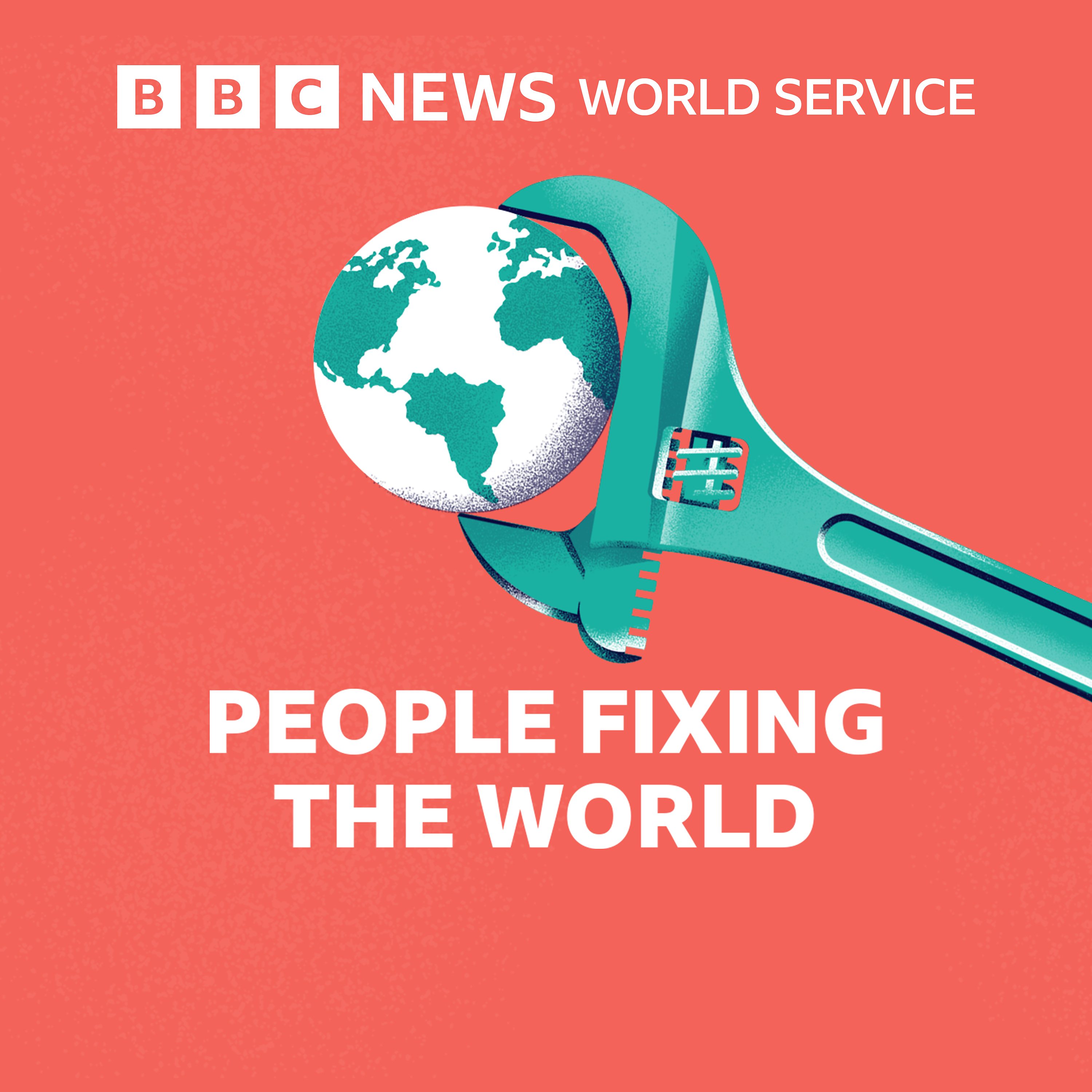
People Fixing the World
Sep 10, 2019
For the past 20 years, police chiefs and policy makers around the world have been fascinated by an idea: that violence spreads through cities like a disease, with patterns of clustering and transmission, and opportunities to inoculate communities against it.
Violence-reduction programmes, influenced by epidemiology, have been implemented in Chicago, Glasgow and - most recently - London. But before these initiatives, a link between violence and disease was made by a Colombian doctor called Rodrigo Guerrero. When Guerrero became mayor of Cali in Colombia in 1992, the city was in crisis. It was the height of a war between the Cali and Medellin drug cartels with the homicide rate reaching a shocking 120 per 100,000 people. Guerrero’s approach was not to wage a war against the cartels, or to cave into corruption. Instead, he used his knowledge as a Harvard-trained epidemiologist to gather data about the exact causes of homicide, make hypotheses, and try interventions. “I was no longer an epidemiologist, but a violentologist,” he recalls.
In this programme Dr Guerrero gives reporter William Kremer a tour of his city and explains his approach.
Reporter: William Kremer
(Photo Caption: Dr Rodrigo Guerrero / Photo Credit: BBC)

